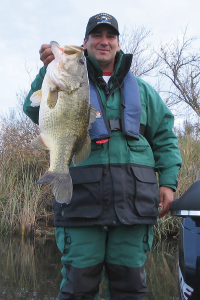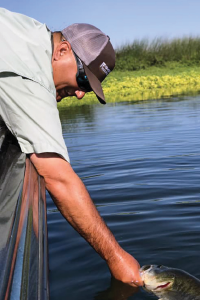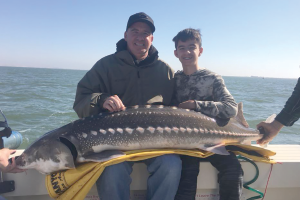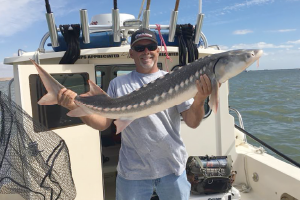When I think about fishing during the months of December through January, I can’t help to not think about how cold it’s going to be.
Over the years I’ve learned that what keeps me the most comfortable during the winter months may be different than someone else. I remember a fishing partner of mine talking about how his new boots were perfect for the cold weather. I immediately went out and bought a pair. Although they were comfortable, my feet were still freezing by the end of the day. It wasn’t until I was issued a pair of rubber boots referred to as “Mickey Mouse Boots” while in the Army, that I found a boot that kept my feet warm and dry during the coldest of days. Up until that point, I spent hundreds of dollars on trying to keep my feet warm. That experience opened my eyes to the individual differences we may have in staying warm and comfortable during the colder months.
I prefer to be a little on the colder side than too warm. One of the most expensive pieces of cold weather clothing I ever purchased was a set of insulated jacket and bibs. They’re very comfortable, but unless it’s below 50 degrees all day long, they’re not something that I would be able to wear all day. I prefer the uninsulated bibs and jackets. I’d much rather wear an extra layer underneath that I can remove once the sun comes up than to be too hot. My friend on the other hand wears his insulated bibs, boots, and jacket without ever overheating.
The Lakes


The Delta







